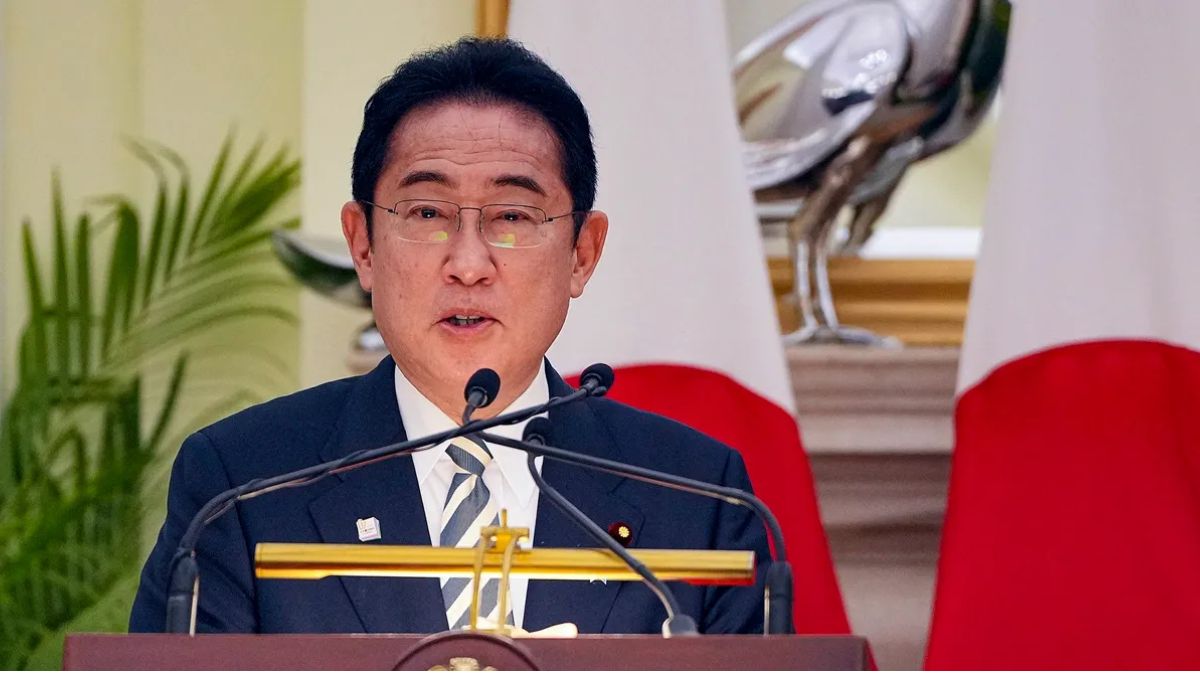As Japan’s leadership prepares for a potential shift, Prime Ministerial candidates are increasingly focusing on building stronger alliances with nations that share Japan’s democratic values, especially in response to China’s growing presence in the Indo-Pacific region.
The heightened geopolitical competition comes as China extends its influence through economic investments, infrastructure development, and security pacts, such as its recent agreement with the Solomon Islands. This move has raised alarms in Japan and among its allies, including the United States and Australia, about the possibility of increased military presence and political sway by Beijing.
Japan’s engagement with Pacific island nations goes beyond security concerns. Climate change, disaster relief, and economic development are central to Japan’s outreach efforts. Many Pacific nations are highly vulnerable to climate-related disasters, including rising sea levels, extreme weather events, and shifts in ecosystems. Japanese leaders, therefore, see investment in renewable energy, infrastructure, and disaster preparedness as essential for fostering long-term relationships in the region.
Japan has already made significant investments in the Pacific, such as its involvement in renewable energy projects in Fiji and efforts to develop communication infrastructure in the region. These projects not only address critical climate issues but also help counter China’s increasing influence by providing an alternative source of aid and development.
This approach is expected to balance regional stability and economic development while countering the rising geopolitical influence of China. A key challenge for Japan’s leadership is addressing the lingering concerns surrounding the disposal of treated radioactive water from the Fukushima nuclear plant.

